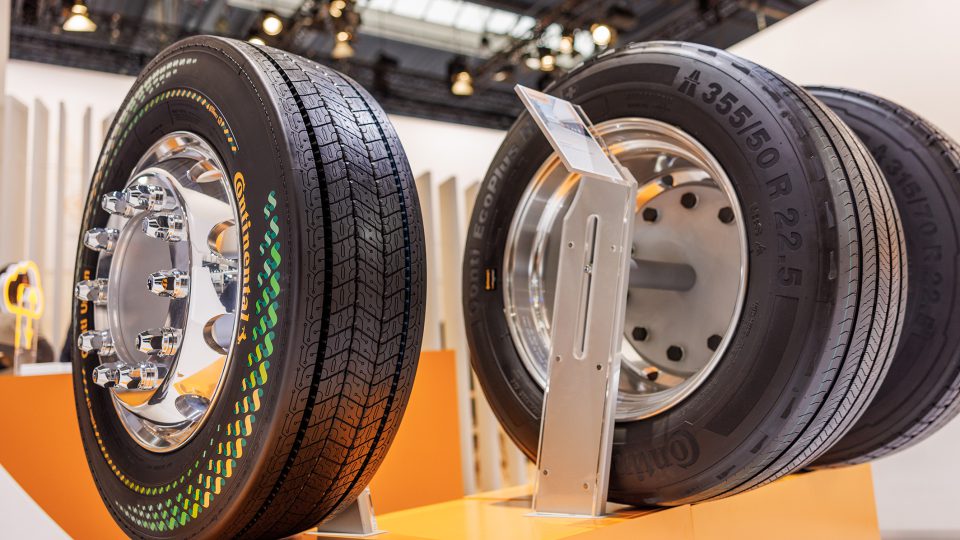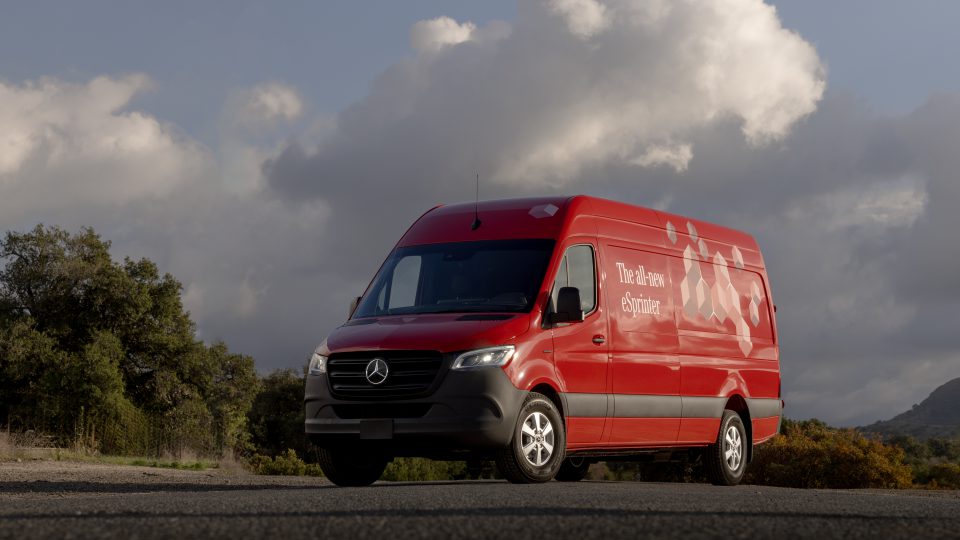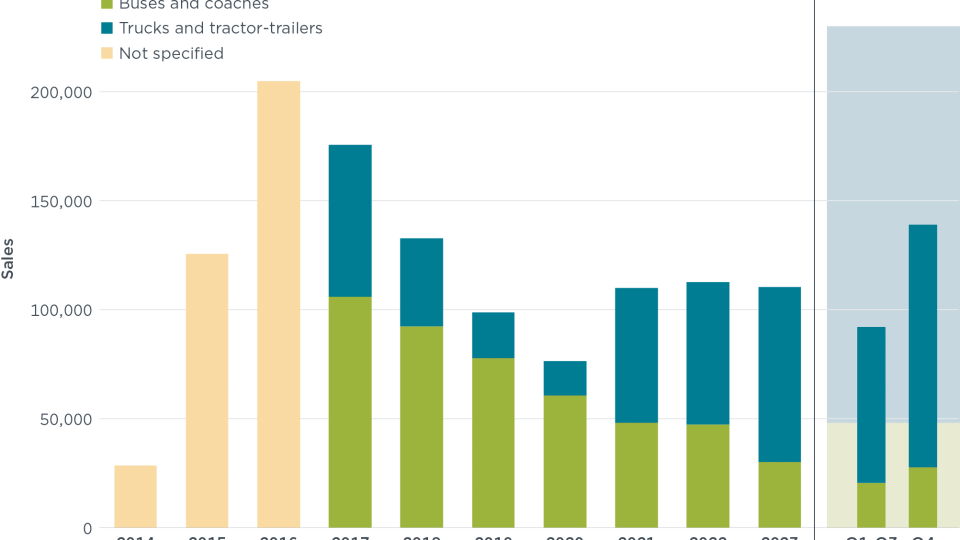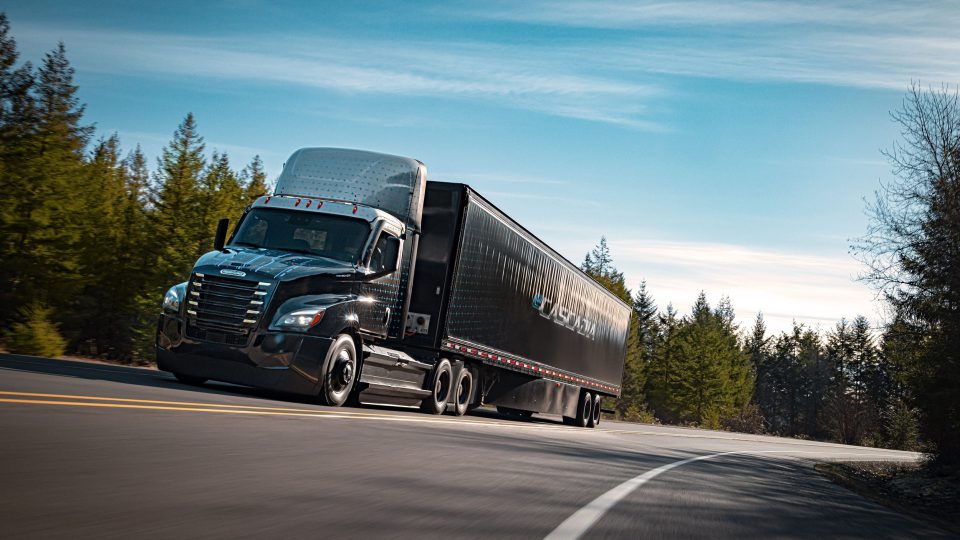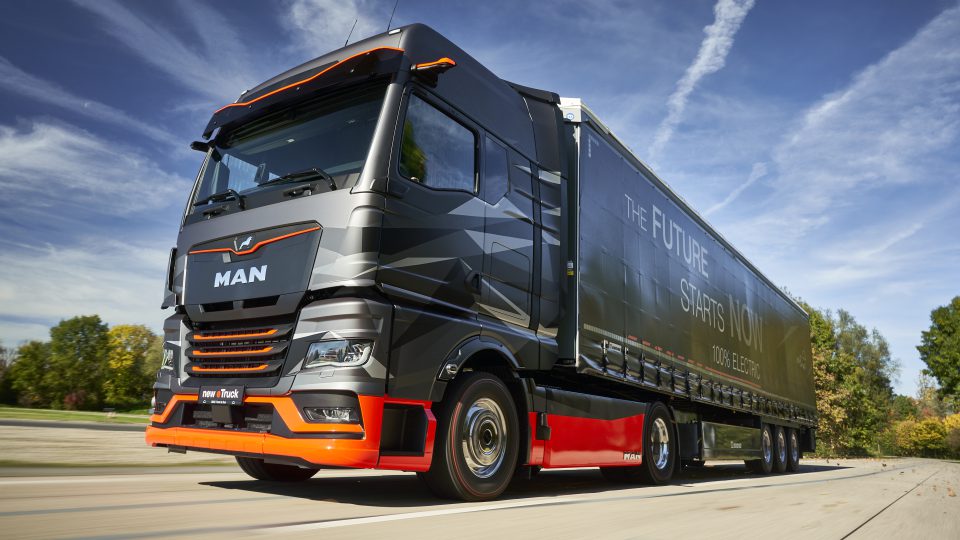Tires, Continental to pursue sustainable natural rubber supply
Continental's ambition is to source all natural rubber for its tire production from responsible sources from 2030 onwards. “We actively take responsibility in our supply chains. Only when natural rubber is responsibly sourced, we consider it a sustainable material,” commented Claus Petschick, Head of Sustainability at Continental Tires.
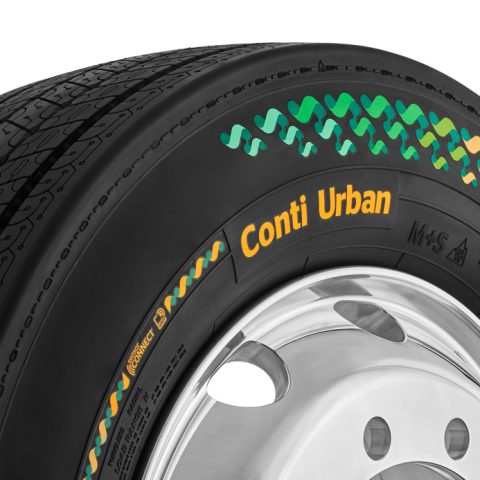
According to Continental, natural rubber is still essential for ensuring outstanding tire performance. This natural product accounts for between 10 and 40 percent of the entire weight of modern, high-performance tires. The special properties of natural rubber include the high level of strength and durability caused by the strain-induced crystallization of the rubber. Such a material is currently obtained almost exclusively from the rubber tree Hevea Brasiliensis.
Continental, natural rubber and the whole value chain
The European Tyre & Rubber Manufacturers Association (ETRMA) estimates that up to six million smallholders worldwide are financially dependent on rubber extraction. In addition, the natural rubber passes through as many as seven different intermediaries and processing companies before it reaches for example Continental’s factory gates.
Continental’s ambition is to source all natural rubber for its tire production from responsible sources
from 2030 onwards. “We actively take responsibility in our supply chains. Only when natural rubber is responsibly sourced, we consider it a sustainable material,” commented Claus Petschick, Head of Sustainability at Continental Tires. As of today, completely seamless traceability of natural rubber is technically impossible due to the high complexity of the supply chain. With its commitment, Continental is working at full speed on a blueprint for the sustainable and responsible structuring of supply chains.
Potrebbe interessarti
Continental introduced new tire concepts for urban vehicles, trailers and long-haul trucks at IAA 2022
Sustainable Natural Rubber Sourcing Policy
In its Sustainable Natural Rubber Sourcing Policy, Continental sets out clear responsibilities and
obligations for itself and all suppliers and service providers along the entire value chain for natural
rubber. Its sustainable sourcing policy is intended to minimize risks in connection with the
environment, human rights, and society. To enable it to assess the sustainability performance of suppliers, Continental has been working with EcoVadis, the world’s leading provider of sustainability ratings for companies and global supply chains, since 2017.
A shared project with SMAG and Michelin
In cooperation with Michelin and the software developer SMAG, Continental is developing
technical solutions for mapping sustainability practices in the natural rubber supply chain. The two
tire manufacturers and SMAG have established a joint venture with the name Rubberway that aims
to identify potential risks in the supply chain at an early stage.



